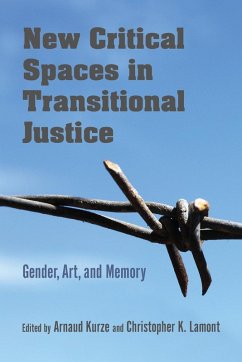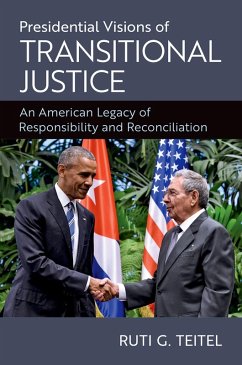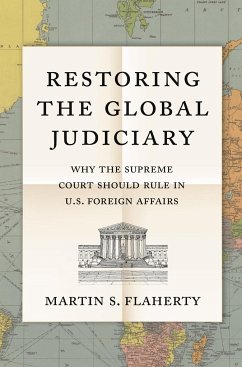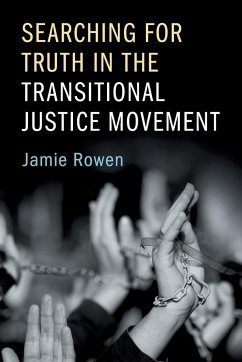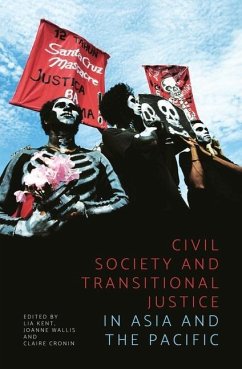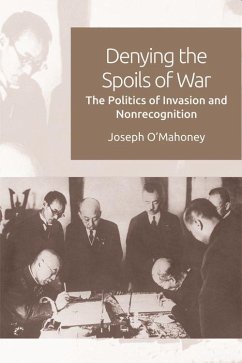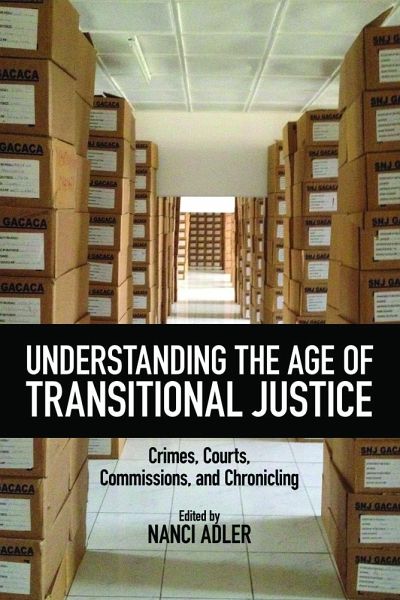
Understanding the Age of Transitional Justice
Crimes, Courts, Commissions, and Chronicling
Herausgeber: Adler, Nanci
Versandkostenfrei!
Versandfertig in über 4 Wochen
43,99 €
inkl. MwSt.

PAYBACK Punkte
22 °P sammeln!
Analyses the processes, products, and efficacy of a number of transitional justice mechanisms and looks at how genocide, mass political violence, and historical injustices are being institutionally addressed. Contributors invite readers to speculate on what (else) the transcripts produced by these institutions tell us about the past and the present.



